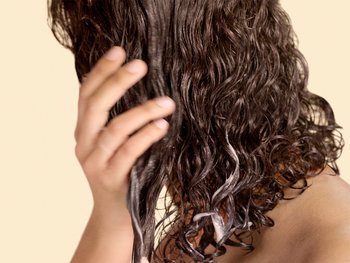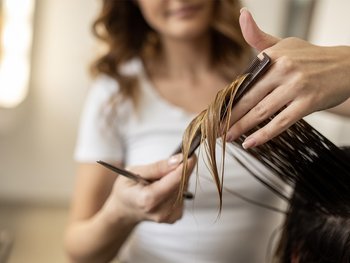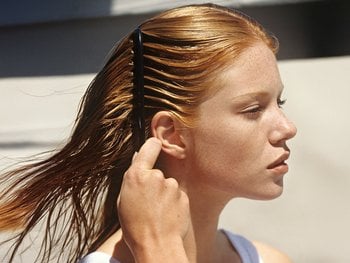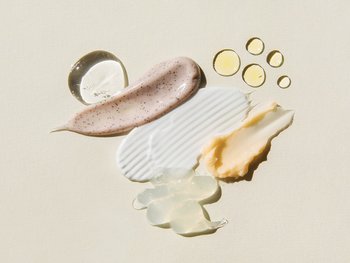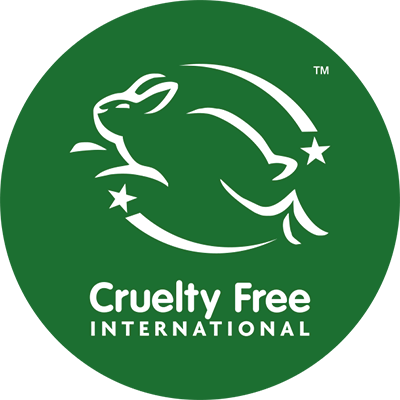Frizzy Curly Hair: 7 Proven Ways to Tame Unruly Curls
If you have any type of natural curls, you know about the inevitable trade off: frizz. The struggle is real, especially when conditions are humid or dry, or when you overdo the hot tools. The good news is you don’t have to resign to a life of frizzy curly hair. It can be tamed once and for all with the easy strategies in this guide on getting smooth frizz-free curls, so let’s get started!


